The very first slot machine (called ‘Liberty Bell’) was created by a man called Charles Fay from his workshop in San Francisco in 1887. Slightly smaller than today’s average slot machines, Liberty Bell contained 3 reels and 20 symbols and operated pretty much in the same way as today’s slot machines. Within a relatively short period of time, Fay’s creation became so popular and successful that he began to work overtime in his workshop to meet the demand for his slot machines. Capitalizing on their success, Fay rented the machines to gambling establishments at a 50% commission rate, refusing to sell the manufacturing and distribution rights of his slot machines to gambling manufacturers.
In 1907, Herbert Mills, a Chicago manufacturer created ‘Operator Bell’, a slot machine similar to ‘Liberty Bell’ in design. Produced and distributed at a greater rate than Fay’s ‘Liberty Bell’, the ‘Operator Bell’ slot machines experienced even greater success and by 1910, slot machines were very common in the United States of America. As soon as slot machines had reached a new peak in popularity and became common throughout the USA, new laws were introduced and passed to ban slot machines. In spite of this, slot machines continued to be popular through America during the 1920s and 1930s. During the late 1940’s, Bugsy, a well known gangster, added slot machines to his Flamingo Hilton hotel in Las Vegas where the profit from slot machines eventually exceeded that of table games.
The objective of the slot machine is to try and spin a winning combination of symbols on the payline.
There are basically two types of slots.
Straight Slots
A Straight slots jackpot will remain at a set amount of money until it is won, after which it resets and starts over again at that same amount. For example, a straight jackpot may be set at $20,000 and will remain at $20,000 until it is won, no matter how many coins are deposited into the slot machine.
Progressive Slots
On the other hand, the amount of money that may be won playing progressive slots is determined by the amount of money deposited into the machine. Thus the progressive jackpot continuously increases with each player until it is won.
To play straight or progressive slots, the player deposits a coin or set of coins into the slot machine and selects the number of coins to bet per spin. The player may then either press the ‘Spin’ button or pull the arm of the slot machine to spin the reels. Once the reels stop spinning, the player will either win or lose that spin. Whether the player wins or loses, he may ‘Cash Out’ his share of money from the machine or continue to play.
Today, slot machines are amongst the most popular games found in casinos, accounting for over 30% of casino profit. This is due to a number of reasons.
(1) Slot machines are very easy to play and require no real test of skill or knowledge. A player simply deposits coins into the machine and presses a button. Once the reels stop spinning, the machine will alert the player if the winning combination is struck or not.
(2) There is no pressure to play against or interact with other players as one may do in games such as Roulette, Blackjack, Baccarat and Poker.
(3) There is no risk of someone trying to cheat during the game or of the dealer making an honest mistake during a bet.
(4) There is no time frame for one to make the next move. A slot machine may be played at one’s own pace without the player feeling the need to hurry because someone else is waiting for his/her turn.
(5) The game is played with real money and not casino chips. This makes the game much more exciting in the sense that the player has the opportunity to gamble with real currency.
(6) The payout is instant and can sometimes run into the thousands of dollars, especially if one is playing progressive slots.
For these set of reasons, the slot machine is currently one of the most popular games found in a casino.
By Adel Awwad
Copyright http://www.casinoguide.ws – Free Casino Cash Guide, All Rights Reserved.

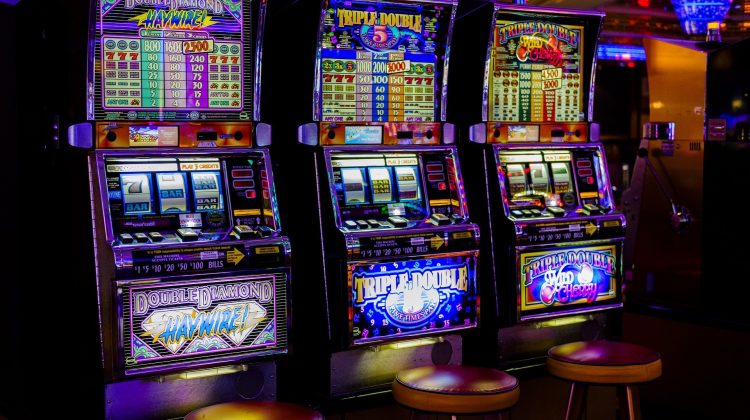
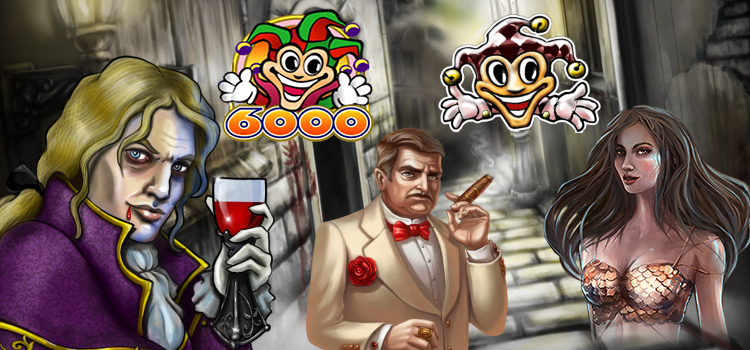
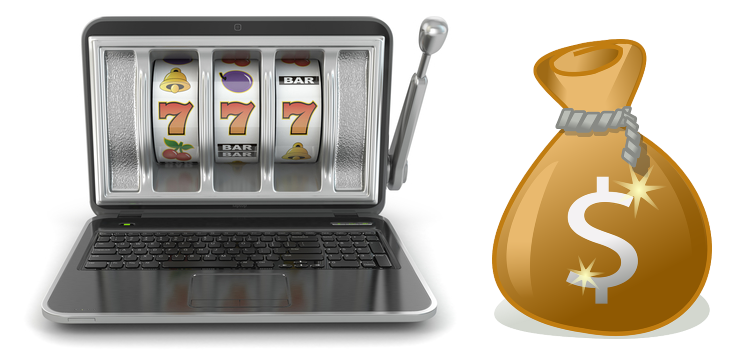




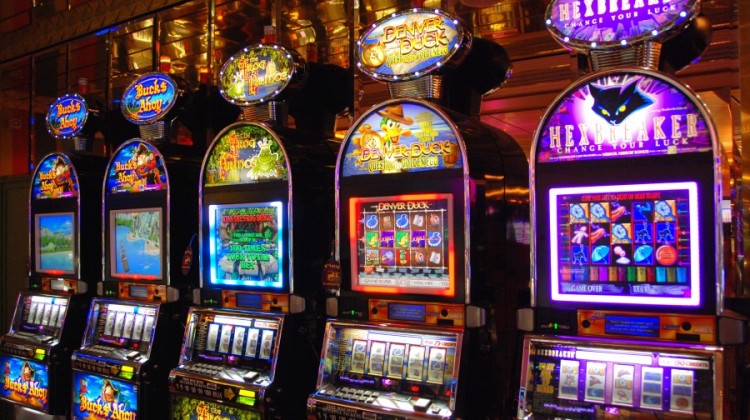
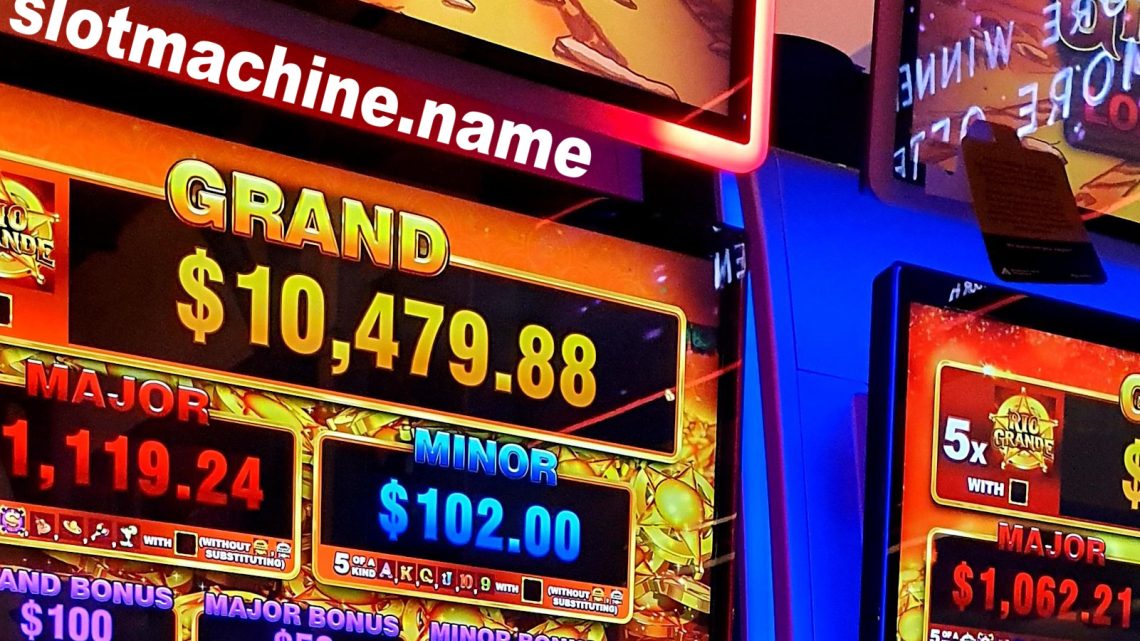
No Comment